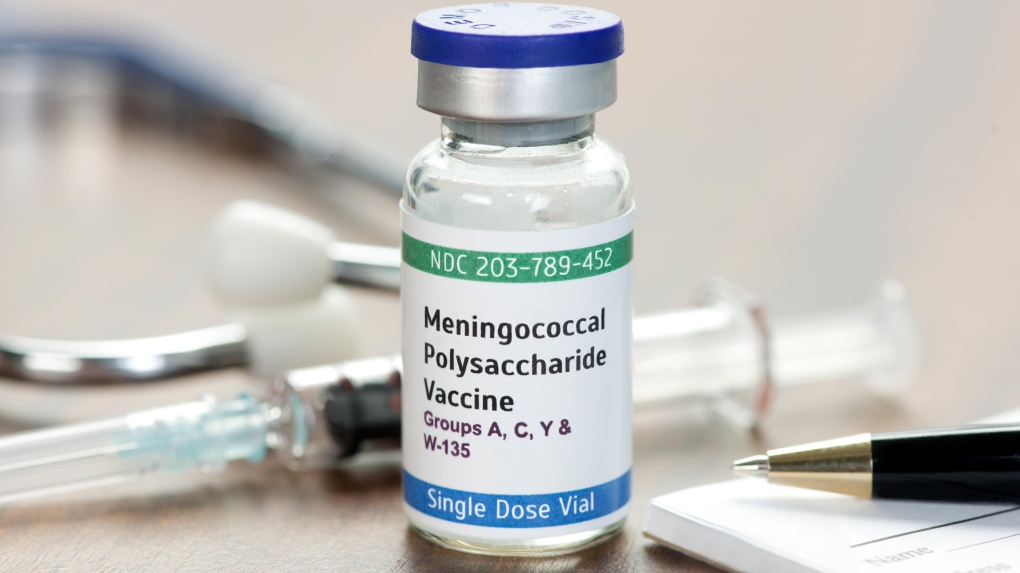
Public health officials in Toronto are raising concerns about an increase in cases involving a “potentially life-threatening bacterial infection” and are warning residents to ensure that they are vaccinated.
Toronto Public Health says that there have been 13 cases of invasive meningococcal disease (IMD) so far this year, including two which were fatal. Officials say that it marks the highest total number of confirmed cases of IMD in any year since 2002.
“IMD is caused by the bacteria Neisseria meningitides. These illnesses are often severe and can be deadly,” Toronto Public Health warned in a press release issued on Friday morning. “They can include infections in the lining of the brain and spinal cord (meningitis) and bloodstream.”
Public health officials say that a number of other countries have also reported an increase in IMD cases this year, including the United States.
They say that that while the disease can affect people of any age it is most common in children under five years old as well as teens and young adults who are not vaccinated.
“Parents, guardians and caregivers should ensure children are vaccinated against IMD. The vaccine is typically given at 12 months and in Grade Seven and is required under Ontario’s Immunization of School Pupils Act (ISPA). Students who have missed the vaccine can receive it for free from a TPH vaccination clinic,” the release notes.
Officials say that people can spread the bacteria that causes the disease by sharing respiratory and throat secretions, specifically saliva or spit, and that it generally takes “close or prolonged” contact to spread.
Initial symptoms can include fever, aches, joint pain, headaches, a stiff neck and a sensitivity to light.